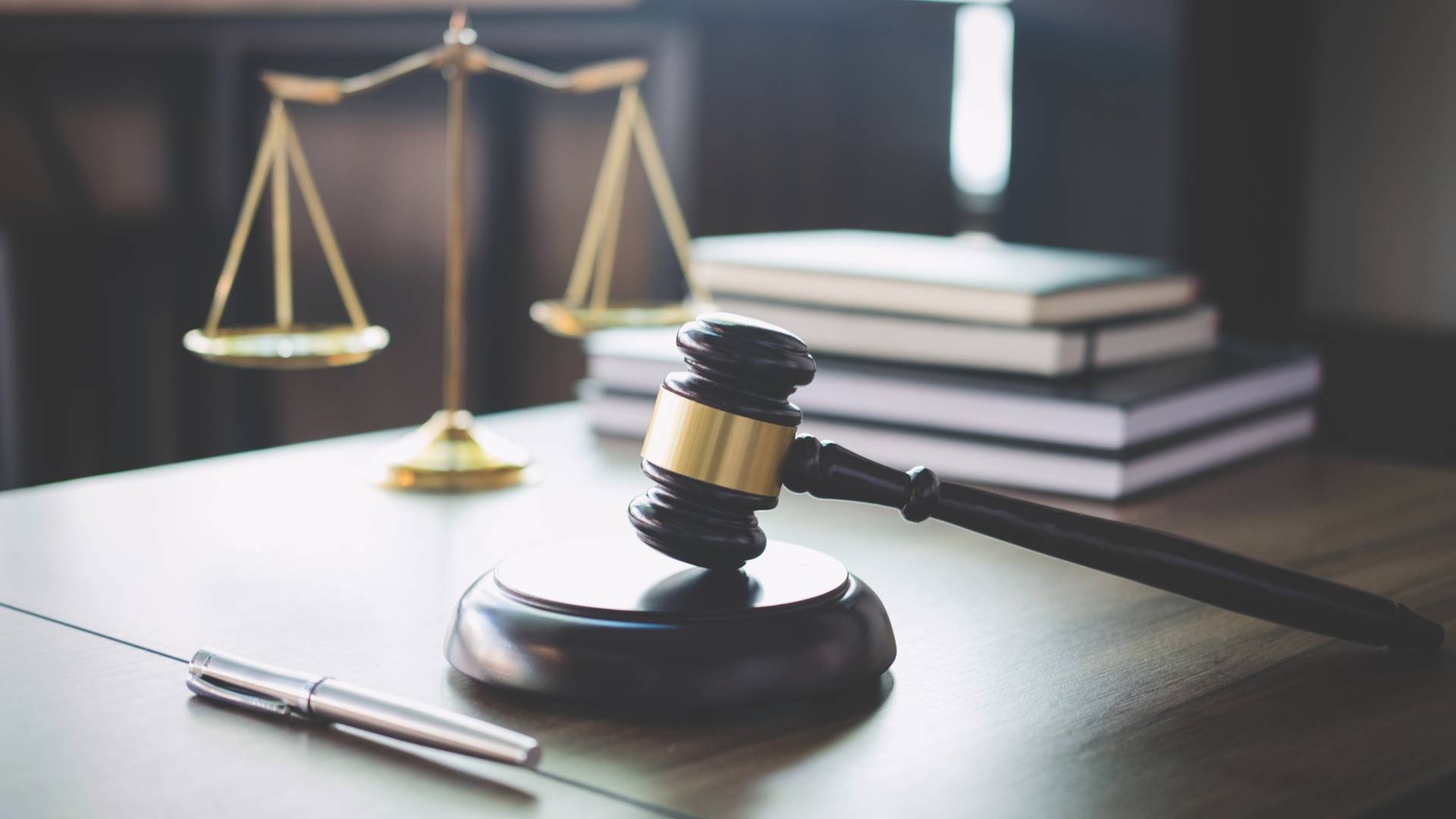The appeals process in Texas allows individuals to challenge convictions by examining legal errors that may have occurred during the trial. Unlike trials, appeals focus on the trial court's application of the law rather than re-evaluating evidence. Eligibility for an appeal requires a final judgment, and it's crucial to file within strict deadlines to preserve the right to appeal. Understanding these elements is crucial for anyone contemplating this legal route.
Steps in the Appeals Process
Filing the Notice of Appeal
To start the appeals process, a notice of appeal must be filed within a particular timeframe after the final judgment. This document notifies the court and the opposing party of the intent to appeal. An experienced appellate lawyer is essential for navigating complexities and ensuring all procedural requirements are fulfilled. Choosing the right attorney is critical, as it can significantly impact the appeal's success.
Preparing the Appellate Brief
An appellate brief is a written argument presented to the appellate court detailing the legal errors that took place during the trial. This document is the cornerstone of the appeals process, as it presents the appellant's case and persuades the court to overturn the conviction. The brief must include legal arguments supported by references to the trial court records. Crafting a compelling appellate brief demands a thorough grasp of legal principles and careful attention to detail, highlighting the need for skilled legal representation.
Oral Arguments and Court Decision
Oral arguments let attorneys present their case to the appellate judges and address any questions the judges might have. While not all appeals include oral arguments, when they do, they can be crucial in swaying the court's decision. After reviewing the briefs and oral arguments, the appellate court will render a decision. Possible outcomes include affirming the original conviction, reversing the decision, or remanding the case back to the trial court for further proceedings.
Grounds for Appeal
Legal Errors
Legal errors are common grounds for appeal and can include issues such as improper jury instructions or the admission of inadmissible evidence. Not all errors will result in a reversal of the conviction; the court must determine whether the error was "harmless" or "reversible." A harmless error does not affect the trial's outcome, while a reversible error does. Identifying and articulating these errors in the appellate brief is crucial for a successful appeal.
Ineffective Assistance of Counsel
Another basis for appeal is ineffective assistance of counsel, which argues that the defendant's attorney failed to provide competent legal representation. This can include failing to investigate critical evidence or not adequately preparing for trial. To succeed on this ground, the appellant must demonstrate that the attorney's performance fell below an objective standard of reasonableness and that this deficiency impacted the trial's outcome. Examples of ineffective assistance can vary widely, making it essential to consult with an experienced appellate lawyer to evaluate the merits of such a claim.
New Evidence
Introducing new evidence in an appeal is challenging and subject to strict criteria. The evidence must be material, not merely cumulative, and likely to produce a different outcome if presented at trial. Additionally, the appellant must show that the evidence was not available during the original trial despite diligent efforts. These stringent requirements make new evidence claims difficult to pursue, but they remain a vital option for those who can meet the necessary standards.
Post-Appeal Options
Petition for Discretionary Review
After an appeal is decided, a Petition for Discretionary Review (PDR) can be filed with the Texas Court of Criminal Appeals, the highest criminal court in the state. This petition asks the court to review the appellate court's decision, but acceptance is not guaranteed. The court typically selects cases that present significant legal questions or issues of public interest. Successfully obtaining a PDR can be a critical step in continuing the fight for justice.
Federal Habeas Corpus
If state appeals are exhausted, a federal habeas corpus petition may be filed to challenge the conviction on constitutional grounds. This process involves complex procedural requirements and is generally considered a last resort. The petitioner must demonstrate that their constitutional rights were violated during the state court proceedings. Navigating the federal habeas corpus process requires specialized legal expertise, making it essential to work with an attorney experienced in federal appeals.
Practical Considerations and Advice
Understanding the Costs and Timeframes
The appeals process can be costly and time-consuming, with expenses including attorney fees, court costs, and transcript preparation. It's important to have a clear understanding of these costs upfront and to discuss payment options with your attorney. The timeframe for an appeal can vary, often taking several months to over a year, depending on the complexity of the case and the court's schedule. Being prepared for these realities can help manage expectations and reduce stress.
Emotional and Psychological Impact
The appeals process can take a significant emotional toll on defendants and their families, leading to stress, anxiety, and uncertainty. It's important to seek support from mental health professionals, support groups, or counseling services to cope with these challenges. Maintaining open communication with your attorney can also provide reassurance and clarity throughout the process. Remember, you are not alone, and resources are available to help you navigate this difficult time.
Choosing the Right Attorney
Selecting an experienced appellate attorney is crucial for navigating the appeals process effectively. Look for a lawyer specializing in appellate law with a proven track record of success in similar cases. Personal recommendations, client reviews, and professional accolades can provide valuable insights into an attorney's capabilities. The right legal representation can make a significant difference in the outcome of an appeal.
Criminal Defense Attorney in Houston, TX
If you or a loved one is considering an appeal, it's essential to seek expert legal guidance. At , we specialize in criminal defense appeals and are committed to providing personalized, effective representation. Contact us today at (713) 600-9902 to discuss your case and explore your legal options. Let us help you fight for justice and peace of mind.

